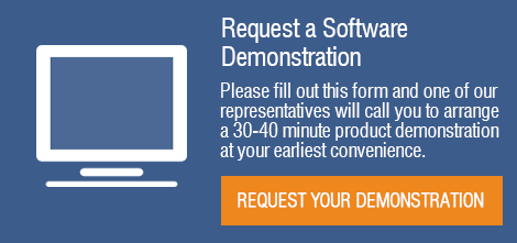Want to contribute to this article?
Given the ubiquity of emails, intranets, social media, text messages and mobile communications apps in the current office environment, you would be forgiven for thinking that the war on paper was over.
Worldwide paper consumption has actually increased 400 percent since 1970 and an AIIM Industry Watch Report - 'Paper Wars' found that paper flow actually increased in 25% of organisations last year.
This is surprising since paper based processes can cause a company so many short term and long term issues.
With World Paper Free Day just around the corner, this is an opportunity for businesses to question paper-based processes and introduce new initiatives to eliminate paper based processes.
Read on for more information about World Paper Free Day, reasons to reduce your paper and how you can eliminate paper from your quality management processes.
World Paper Free Day:
This year, World Paper Free Day will take place on Friday, 6th November to encourage organisations to reduce their paper consumption.
World Paper Free Day was introduced by AIIM (the Association of Information and Image Management), following a study which found that the main reason companies were not reducing their paper consumption was due to a lack of management initiatives.
By challenging your company to go paper-free for one day, it engages all stakeholders to pro-actively consider their business processes, encourages innovative thinking and starts conversations which may otherwise never happen.
Getting your organisation involved with World Paper Free Day is an opportunity to change the way your organisation operates for the better.
Make your pledge to eliminate paper for World Paper Free Day here.
Reasons to go Digital:
The amount of information required to manage compliance, governance and risk makes paper-based processes unsustainable. Here are just a few reasons why your organisation should be eliminating paper-based processes from quality management:
Save Money:
If you have a paper-based auditing process, filing cabinets which are full of compliance documents or you are keeping a paper-based record of training documents, it will be costing your company a lot more money than you may expect.
Whilst the cost of paper is not particularily shocking, there are many other additional costs which you may not have considered. The cost of printing, copying, postage, storage, filing, shredding and recycling paper documents, costs 31 times more than a digital process.
By moving your auditing processes, compliance documents and training records to an electronic quality management system (EQMS), it will reduce these unnessesary overheads.
Save Time:
Time-consuming administrative tasks, such as re-inputing auditing information from a clipboard to a spreadsheet can be a stressful burden.
The amount of time taken to re-input auditing information is wasteful and reduces productivity. Furthermore, time is money - you can calculate how much money this time equates to by using this ROI Calculator tool.
By conducting audits electronically and managing all information in one interface, it reduces duplication effort, saving a significant amount of time.
Ensure Compliance:
In heavily regulated industries such as pharmaceuticals and healthcare, it is essential that all employees have access to the latest SOP's and other regulations. If this documentation is on paper, it will be easy to loose and difficult to find - rendering it impossible to effectively manage compliance.
Paper-based processes are prone to error, slow and create information silos. By transferring these processes to an electronic quality management system, you can share all essential information with employees at a click and you can verify that all employees have acknowledged that they understand the new or updated requirement at a glance.
What Next?
Eliminating paper-based processes is essential for a sustainable quality management system. Find out more about how an EQMS can eliminate paper from your business processes by requesting a demonstration of our software.










Share your thoughts on this article